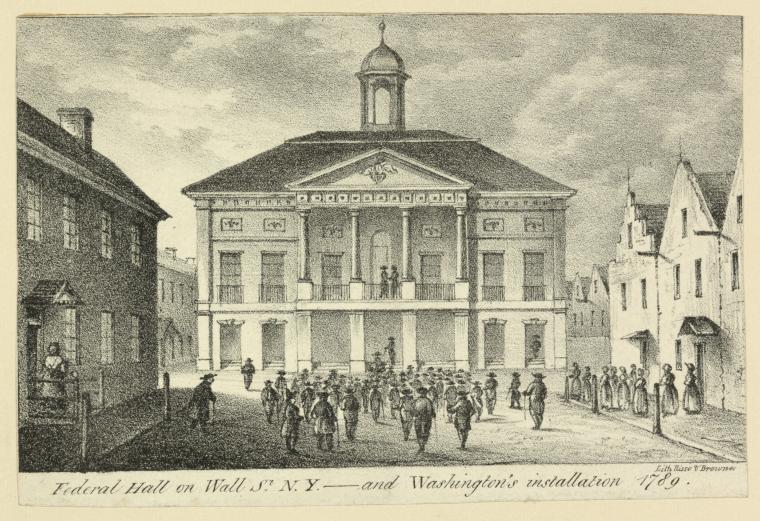March 1 — March 15, 2020
History Matters
Showing our children that their past is prelude to their future, with book recommendations

On March 3, 1913, 5,000 suffragettes– including the legendary journalist, Nellie Bly, and Helen Keller, took to the streets in Washington D.C. to fight for the right to vote. An unruly crowd of onlookers tried to shout them down; it looked as though a riot was about to break out, but a contingent of soldiers under the orders of Secretary of War Henry Stimson, restored order. The commotion occurred the day before the inauguration of Woodrow Wilson who, according to the Smithsonian Magazine, was not in favor of giving women the right to vote, noting that “it gave him a chilled, scandalized feeling.”
It took six more years to happen– for Congress to pass the 19th Amendment to the Constitution.
The Grateful American Book Prize recommends Winifred Conkling’s Votes for Women! American Suffragists and the Battle for the Ballot.
****

The U.S. Congress–or legislature–is one of the three branches of government, where the federal laws that govern the nation are made. It is comprised of the Senate, and the House of Representatives; they convened–for the first time–under a newly adopted U.S. Constitution, in New York City, on March 4, 1789.
Eight years earlier–on March 1, 1781–and two years prior to the end of the American Revolution–the Articles of Confederation– predecessor to the Constitution–established Congress as the sole governing body of the soon-to-be independent American nation.
The Grateful American Book Prize recommends Lee H. Hamilton’s How Congress Works and Why You Should Care.
****

Medicine has progressed considerably since the Spanish influenza pandemic of 1918. When it reached America, about a third of the population caught the flu, and more than 600,000 died from it; globally, it is estimated that 20 million to 50 million people perished from the illness.
These days, a less deadly variety of flu is commonplace in the fall and winter, but the surety of death is usually held in check by modern medicine.
The Spanish Flu was cause for alarm, but it also incited a rush to discover a prevention. A good read about the outbreak is Makiia Lucier’s novel, A Death-Struck Year.
History Matters is a biweekly feature courtesy of The Grateful American Book Prize.




